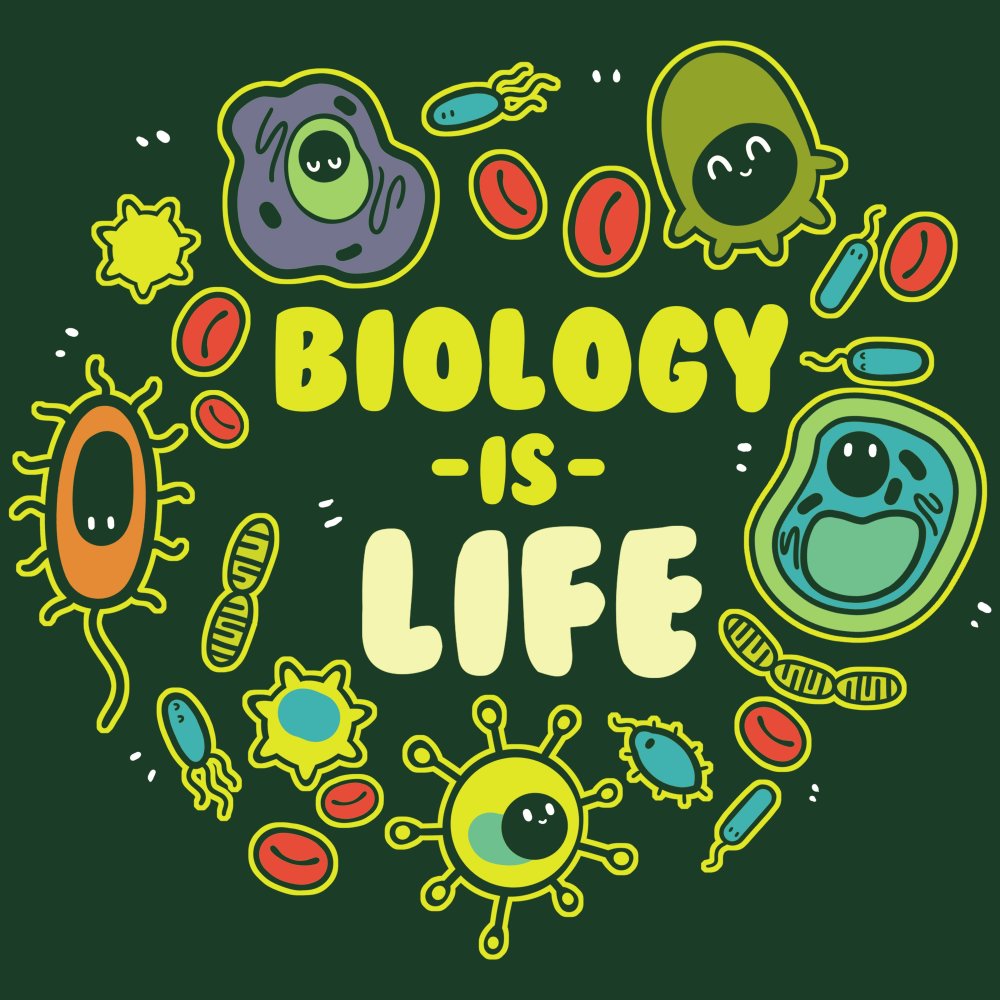Beliefs About Intelligence and Children's Capacity to Learn
Belief 1: "You can get smarter". Children's learning is primarily determined by their effective effort and use of appropriate strategies. "Intelligence" is not fixed inborn limit on learning capacity. All children have the raw materials to do rigorous academic materials at high standards.
Beliefs About Learning
Belief 2: Learning is constructed as learners assimilate new experience with prior knowledge.
Belief 3: Learning varies with the degree to which learners' needs for inclusion, influence, competence, and confidence are met.
Beliefs About Teachers and Teaching
Belief 4: The nature of professional knowledge encompasses areas of performance, repertoire, and matching, " not effective behaviors."
Belief 5: The knowledge bases of a professional teacher as many, diverse, and complex; and skillful teaching requires systematic and continual study of these knowledge bases.
Beliefs About School and Schools
Belief 6: The total environment of a school has a powerful effect on students's learning.
Belief 7: Racism exerts a downward force on the achievement of students of color that must be met with active anti racist teaching.

Teachers’ beliefs affect what they accomplish in their classroom, their attitudes, and their learner’ beliefs. They guide teachers to adopt their teaching strategies for coping with their teaching challenges, shape language learners’ learning environment, their motivation and their language ability.
ReplyDelete